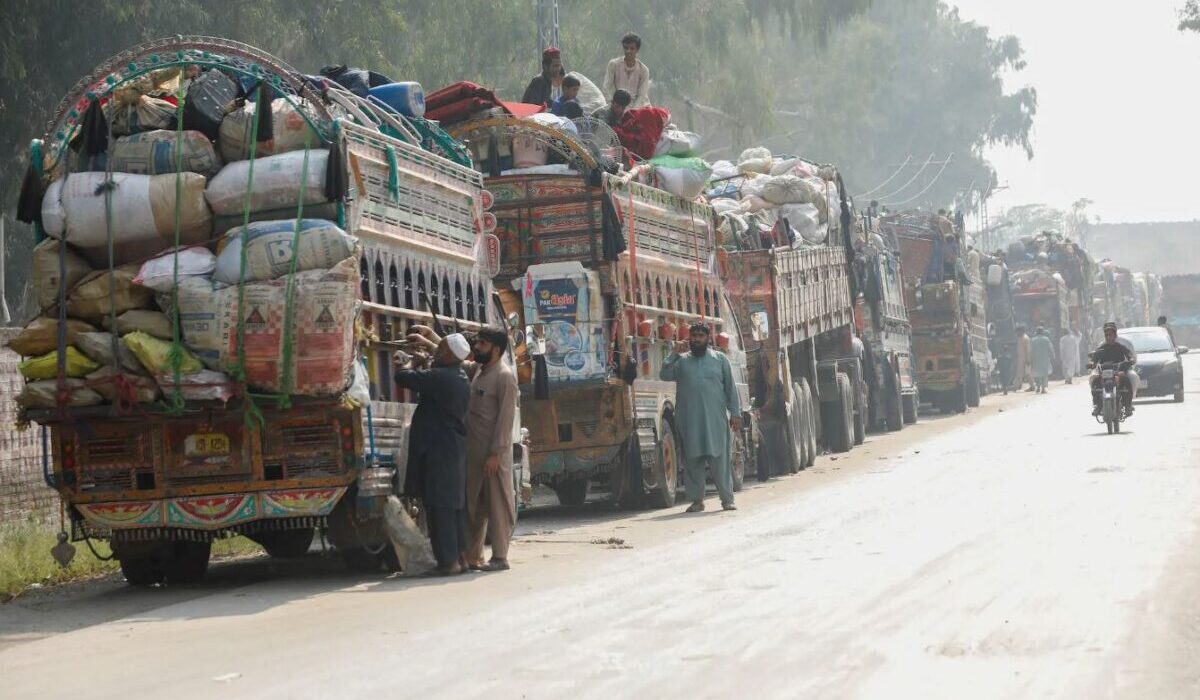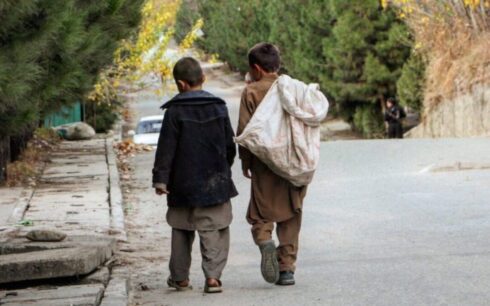KABUL, Afghanistan—Many people in the country cite deteriorating economic conditions and increasing restrictions imposed by the Taliban as reasons for their decision to leave the country.
Over the past three years, job opportunities have significantly decreased, prompting many to seek refuge elsewhere.
Mahboba, a resident of Kabul, shared her experience, stating that she and her husband both lost their government jobs after the Taliban took control. Desperate to provide for their family, they fled to Iran but were eventually deported back to Afghanistan. “My husband and I worked together. When we became unemployed, we illegally went to Iran, stayed there for two years, and then returned to Afghanistan. Now, we have no job or place to live, and no food to eat,” Mahboba recounted.
The International Organization for Migration (IOM) reported that between April and the end of June 2024, 858,170 individuals entered Afghanistan while 532,854 left. The report, which included interviews with 81,292 individuals, found that nearly 80 percent of respondents—comprising 45 percent women and 36 percent men—cited poor economic conditions as their primary reason for leaving the country.
Basheer Ahmad, a resident of Ghor province, called for international and Afghan government action. “The international community and the Afghan government should discuss this issue so that people can study, get an education, and work in Afghanistan, rather than going to other countries, which is not a good solution,” he said.
Shakila, another resident of Ghor, described her struggles after leaving Afghanistan. “We sold everything we had and went to Iran, hoping to continue our children’s education there and stand on our own feet, but we faced a very difficult and hard life there for two or three years,” she said.
The Taliban’s restrictions, particularly on women and girls, have exacerbated the situation, with many citizens seeking better futures and educational opportunities for their daughters outside Afghanistan. However, access to education remains a challenge in neighboring countries like Iran and Pakistan.





